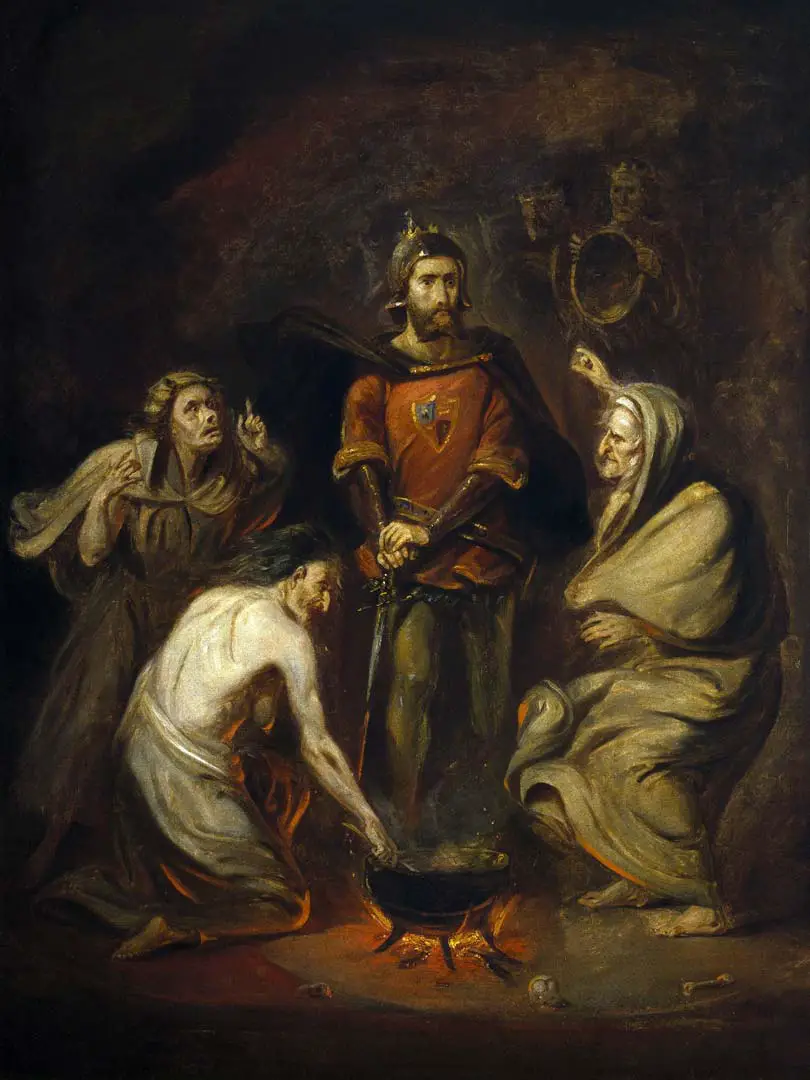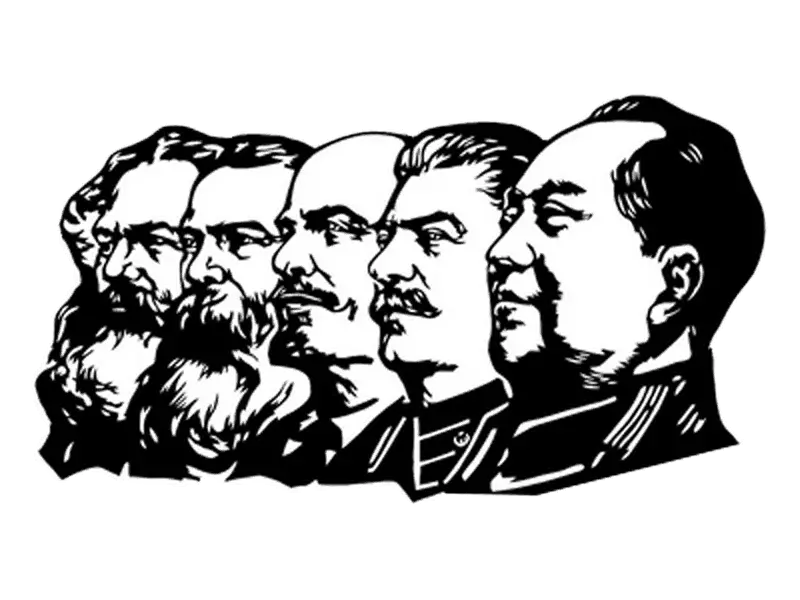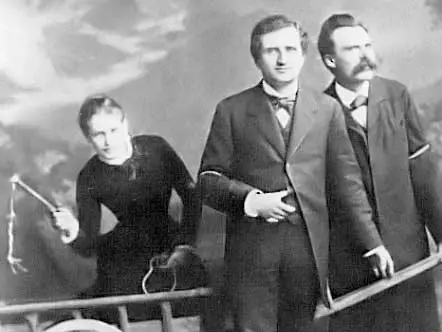What is Epicureanism (Brief)?
Introduction Epicureanism is a Hellenistic doctrine that is named after its found: the Ancient Greek philosopher Epicurus. The foundations for Epicureanism were laid out after Epicurus opened his school in his own garden in 307 BC – the school was thus aptly...





